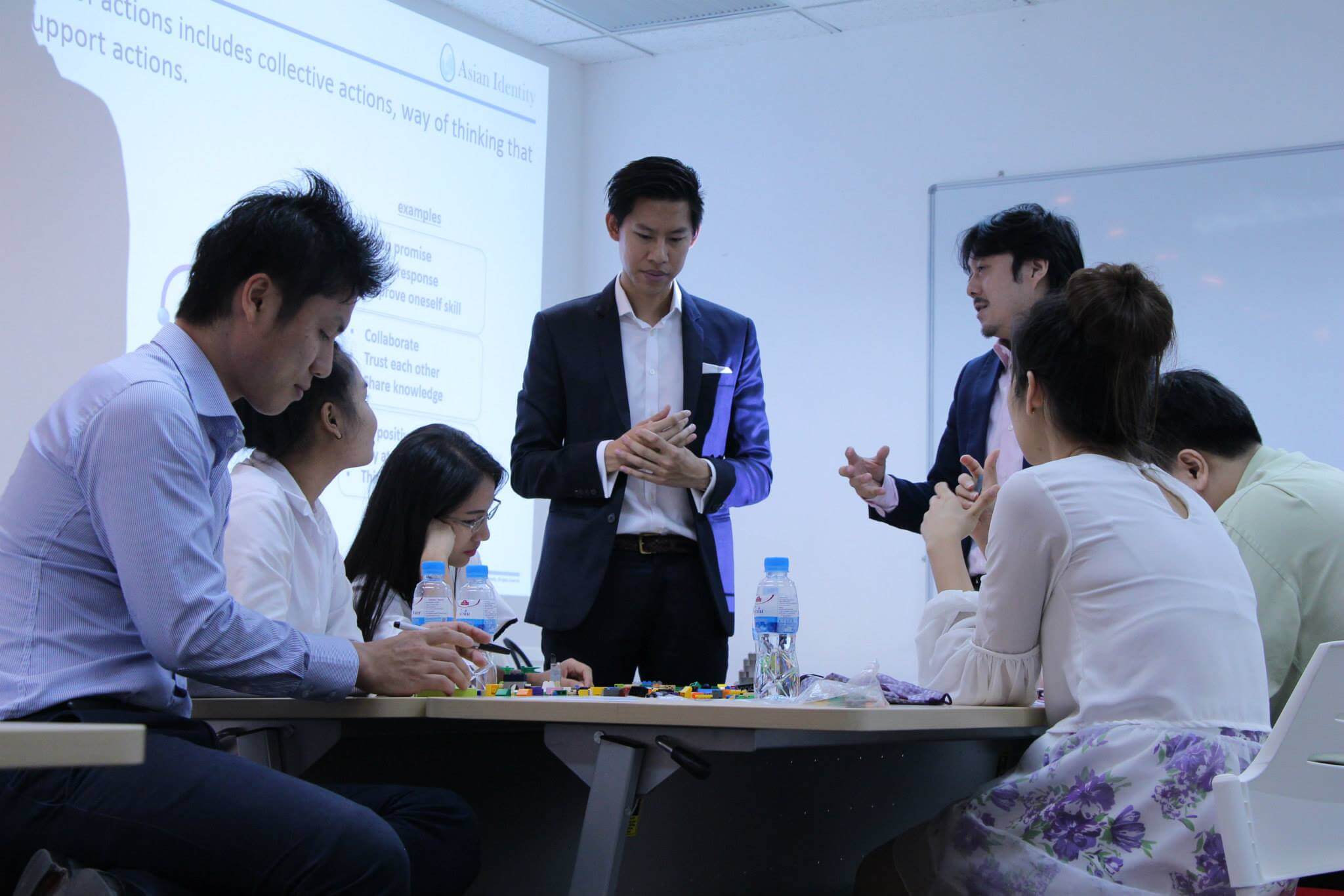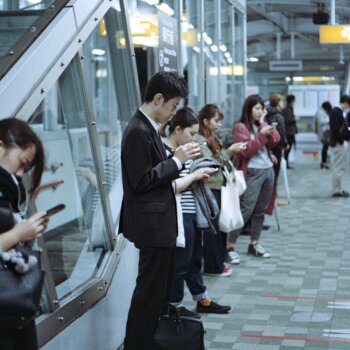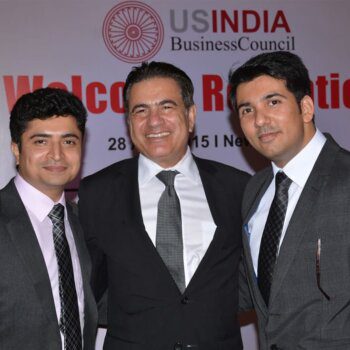Working in collaboration with others can be a wonderful experience. Writing a journal article with a colleague, or working in a research team with people from other organisations, can be life-enhancing. Ideas build on ideas; tasks are allocated according to people’s strengths and abilities; the results are loads better than anything you could achieve alone.
Collaborative working can also be a monumental pain in the neck. Misunderstandings, missed deadlines, and poor communication can sabotage a project, morphing it from a promising outset into a morass of time-consuming frustration and annoyance, sometimes with nothing to show for all the grief you’ve gone through. That can be particularly galling when you end up apologising for something that was not at all your fault and entirely outside your control.
And you know the really weird thing about working collaboratively? Nobody ever tells you how to do it; you’re supposed to know. But my experience is that many people don’t know how to collaborate well. So here are ten top tips for successful collaboration.
- Set sensible deadlines. If you’re happy to write a book chapter that you think will take you a week, but you don’t have that much spare time till six months from now, say so. And if you think it will take you a week, allow a fortnight. Over-committing doesn’t help you or anyone else.
- Manage your time well, from day to day and week to week, and at monthly and yearly levels too. Plan, schedule, re-schedule as necessary. Do what you say you’re going to do, when you say you’re going to do it – or explain why you can’t at the earliest opportunity.
- Communicate, communicate, communicate. Problems arise in everyone’s life. If you encounter a problem that will affect your ability to meet your commitments, tell everyone who needs to know as soon as you can, and give them a realistic revised date when you’ll be able to get the work done.
- If someone else is causing a delay, you may need to take control, particularly if you have contractual or other inflexible deadlines and the delaying person isn’t communicating well – or at all. In that case, the best approach is to send a polite email with appropriate cc’s so everyone knows where the delay originates. But do word your message carefully: the aim is to protect your own reputation without damaging anyone else’s, so stick to the facts.
- Don’t throw good time after bad. If you’re collaborating with people who are missing deadlines and not answering your emails, chase them once or twice then stop. Don’t stress about it, just focus on other work.
- Accept feedback gracefully, even if it seems unpalatable at first. Don’t take it personally because it isn’t personal, even if it feels personal, even if it looks personal. It’s an opportunity to learn things you’d be very unlikely to learn any other way, even if they’re not the things you wanted to learn. So thank whoever gave you the feedback and make the best use of it you can.
- Reflect on your collaborations – with your collaborators if possible, on your own if not. What went well? Why? What didn’t go so well? Why? What would you do differently another time?
- Make time to celebrate a collaboration that goes well, or even well enough. If you can meet up with your collaborators, so much the better: go for a drink or a meal together and congratulate each other in person. If not, celebrate online, in a private meeting or via email or social media. Or simply send a card to say ‘thank you’ or ‘well done’.
- Whether your collaborators are your colleagues, your students, your staff or your friends, be as professional with each of them as you would be with the most senior person in your field or in your organisation.
Of course sometimes life gets in the way and things go wrong. But when you have a strongly functional collaboration, it is much easier to deal with unexpected difficulties. When unforeseen problems occur and your collaboration is floundering, life can be very miserable indeed. If you and your collaborators follow these ten top tips, none of your collaborations will be the ‘pain in the neck’ variety. They should all work smoothly, at the very least, and may well be wonderful and life-enhancing.
written by Dr. Helen Ka, accomplished academic and book writer. see more.





























